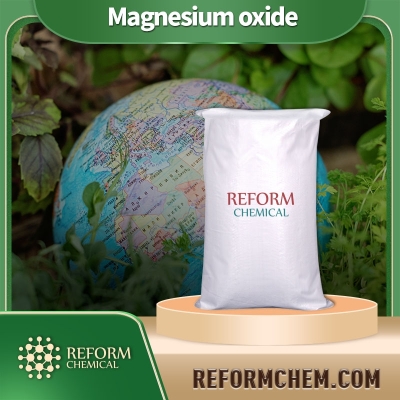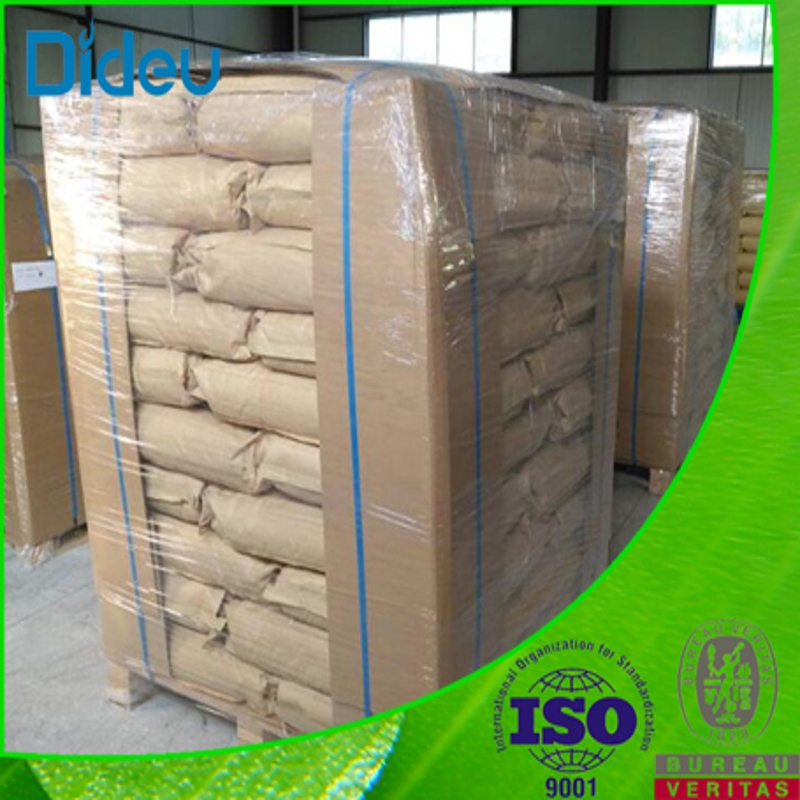-
Categories
-
Pharmaceutical Intermediates
-
Active Pharmaceutical Ingredients
-
Food Additives
- Industrial Coatings
- Agrochemicals
- Dyes and Pigments
- Surfactant
- Flavors and Fragrances
- Chemical Reagents
- Catalyst and Auxiliary
- Natural Products
- Inorganic Chemistry
-
Organic Chemistry
-
Biochemical Engineering
- Analytical Chemistry
-
Cosmetic Ingredient
- Water Treatment Chemical
-
Pharmaceutical Intermediates
Promotion
ECHEMI Mall
Wholesale
Weekly Price
Exhibition
News
-
Trade Service
Cupric sulfate monohydrate, also known as copper sulfate monohydrate, is a chemical compound that is commonly used in the chemical industry.
It is a blue or greenish-blue solid that is highly soluble in water.
It is often used as a catalyst in chemical reactions, as a wood preservative, and as a nutrient for plants.
The production of cupric sulfate monohydrate involves a reaction between copper oxide and sulfuric acid.
The copper oxide is first heated in a furnace to drive off any impurities.
It is then mixed with sulfuric acid, and the resulting reaction produces cupric sulfate monohydrate.
The mixture is then allowed to cool, and the solid is collected and dried.
The properties of cupric sulfate monohydrate make it an ideal catalyst in many chemical reactions.
For example, it is often used in the production of PVC (polyvinyl chloride) and other plastics.
It is also used in the production of dyes, drugs, and other chemical products.
One of the most common uses of cupric sulfate monohydrate is as a wood preservative.
It is effective at preventing the growth of fungi and other microorganisms that can damage wood.
It is often used in the treatment of outdoor wooden structures such as decks and fences, as well as in the production of wooden cutting boards and other household items.
Cupric sulfate monohydrate is also used as a nutrient for plants.
It helps to improve the uptake of other nutrients by plants and can help to alleviate symptoms of copper deficiency.
It is often used in hydroponic gardening and in the production of potted plants.
Despite its many applications, cupric sulfate monohydrate can be somewhat dangerous to handle.
It is a strong acid, and contact with skin or eyes can cause irritation.
It is also toxic to aquatic life, so proper disposal is important.
It is important to handle the chemical with caution and to follow all safety precautions when working with it.
In conclusion, cupric sulfate monohydrate is a versatile and widely used chemical compound in the chemical industry.
It is an effective catalyst in many chemical reactions, a popular wood preservative, and a useful nutrient for plants.
While it can be dangerous to handle, proper safety precautions can help to minimize the risk of injury or harm.







